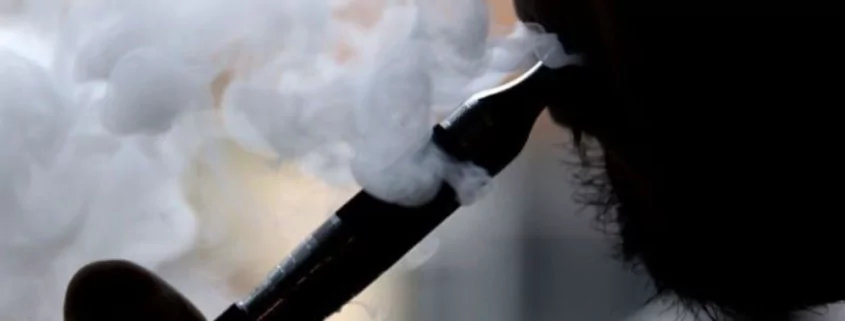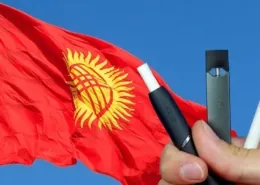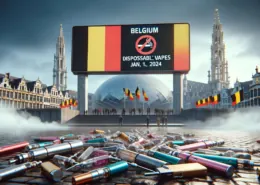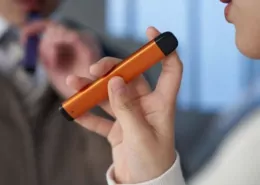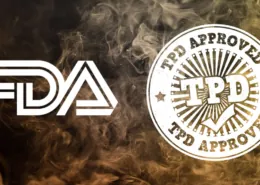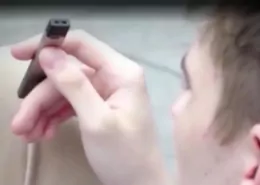Philippines Government Purges 15,000 Illegal Vape Sellers Online
The Philippines government, under the Marcos Jr. administration, is increasing its efforts to regulate the electronic cigarettes trade by targeting 15,000 more vape sellers in online marketplaces. Trade Undersecretary Ruth Castelo revealed this plan during a recent interview with DZBB Super Radyo.
Monitoring and Enforcing Vape Laws
“We have monitored almost 15,000 sellers online. We’ve advised platforms to remove almost 15,000 we observed that were non-compliant. These sellers all have cases already,” Castelo stated during the radio interview. The Department of Trade and Industry (DTI) official mentioned that unregistered vape products were already subject to the Vape Law, with implementing rules and regulations coming into force on December 28.
Vape Law Restrictions
The Vape Law imposes several restrictions on the vape trade in the country, including:
- Limiting sales of fruit-flavored vape juices
- Banning colorful caricatures on products to avoid enticing minors
- Prohibiting the sale of vape products within 100 meters of schools
DTI Confiscates Vape Products
According to the DTI, around P3 million worth of vape products, mostly in Metro Manila, have been confiscated as of mid-April. Despite these impressive figures, Castelo expressed concern over whether the government should ban the sale of vapes altogether, including online, considering the potential growth of the e-commerce industry.
Online Platforms and Compliance
“If online platforms would just strictly follow, there is no need to remove the sale of this product from them,” Castelo added. The DTI has met with e-commerce platforms in the country to discuss this issue. Shopee and Lazada have complied with the law’s implementation, as per Castelo. Shopee removed more than a million merchants, and Lazada removed 170,000 sellers from their platforms.
Evading Detection
“It’s already indicated which products they can’t sell, but some still evade detection,” the trade official noted. This highlights the importance of continued vigilance in enforcing the Vape Law and ensuring the safety of the public, especially minors.
Conclusion
The Philippines government’s decision to target 15,000 more ‘non-compliant’ vape sellers online demonstrates its commitment to regulating the electronic cigarettes trade. With the cooperation of e-commerce platforms and continued enforcement of the Vape Law, the government aims to protect the public from the potential dangers of vaping.
FAQs
- What is the Philippines government’s plan regarding vape sellers online?
The government plans to remove 15,000 more ‘non-compliant’ vape sellers from online marketplaces. - When did the Vape Law’s implementing rules and regulations come into force?
The implementing rules and regulations of the Vape Law came into force on December 28. - What are some restrictions imposed by the Vape Law?
The Vape Law restricts the sale of fruit-flavored vape juices, bans colorful caricatures on products, and prohibits the sale of vape products within 100 meters of schools. - How are e-commerce platforms like Shopee and Lazada responding to the Vape Law?
Shopee and Lazada have complied with the Vape Law’s implementation by removing non-compliant merchants and sellers from their platforms. - Why is the government still considering a complete ban on the sale of vapes?
The government is weighing the potential growth of the e-commerce industry against the need to protect the public from the potential dangers of vaping.
- Minneapolis Sets $25 Minimum Price for E-Cigarettes - July 11, 2025
- Alabama Schools to Implement New Anti-Vaping Policies - July 11, 2025
- Is Vaping and Driving Illegal in Rhode Island? (2025 Guide) - July 10, 2025

